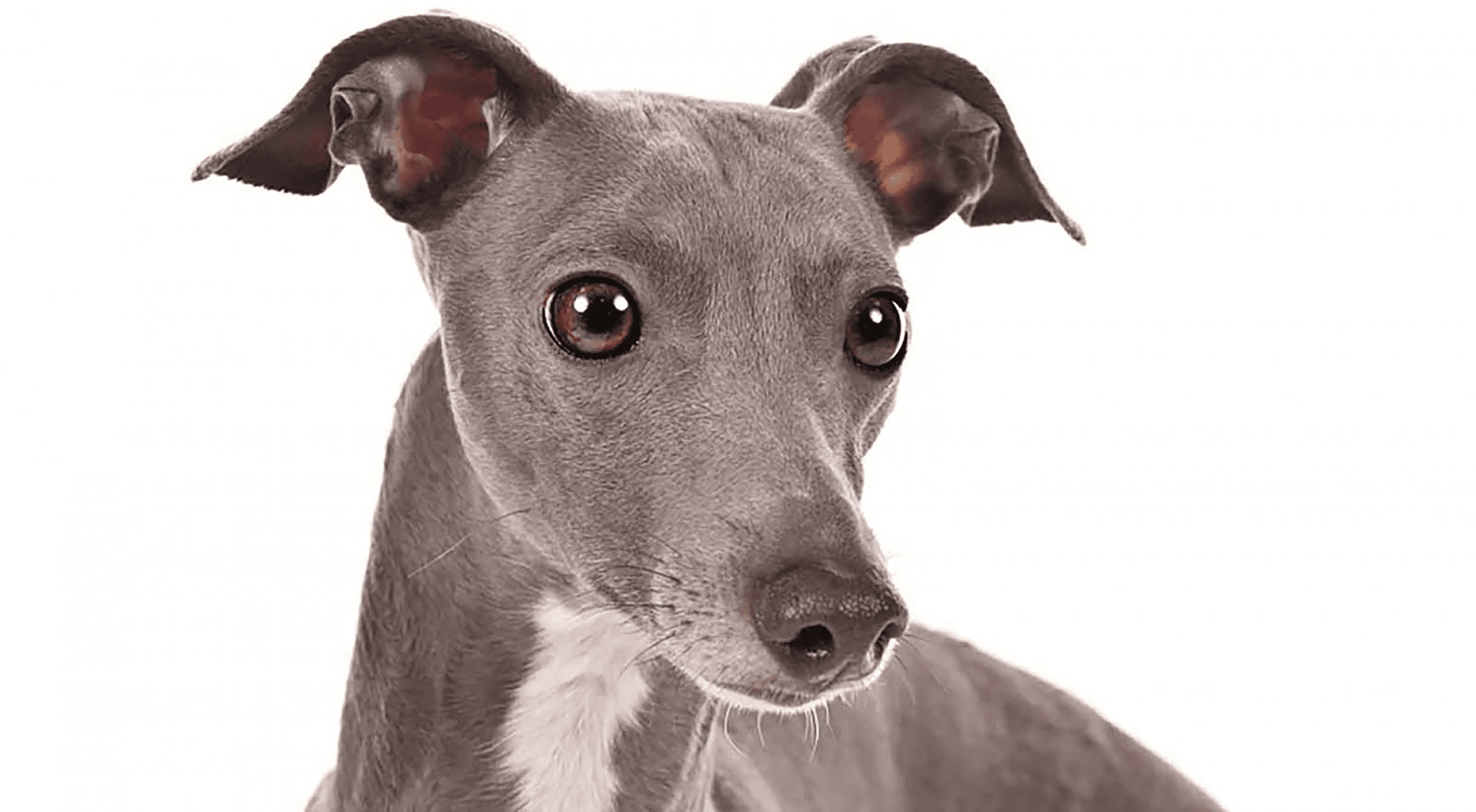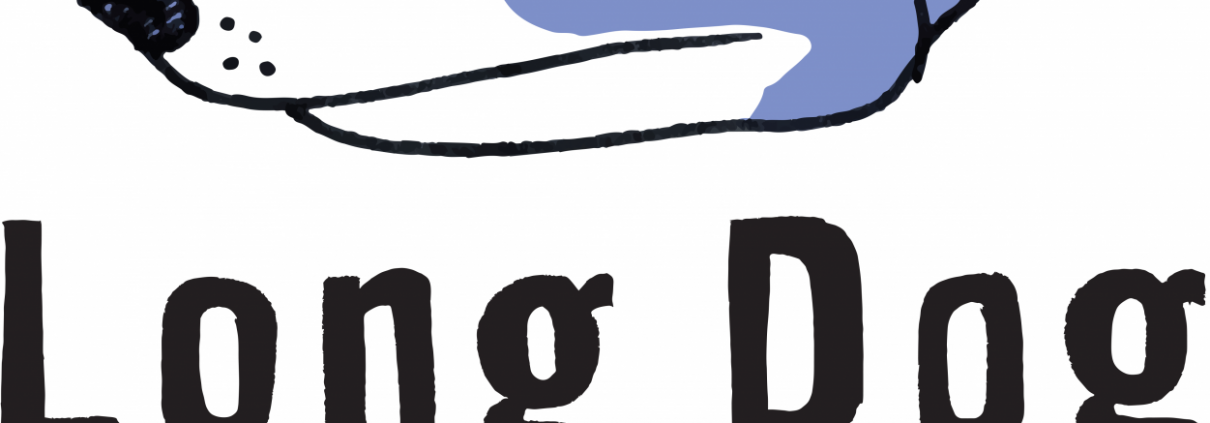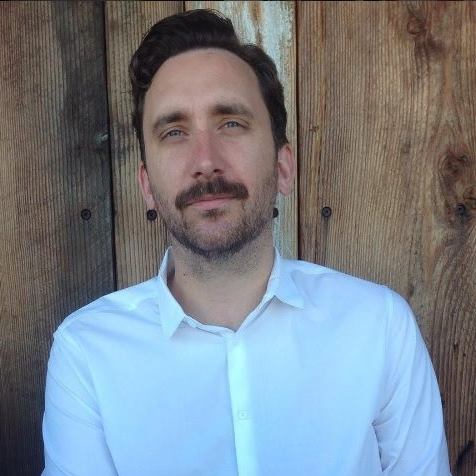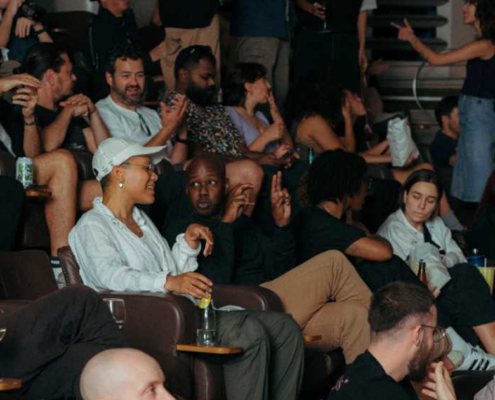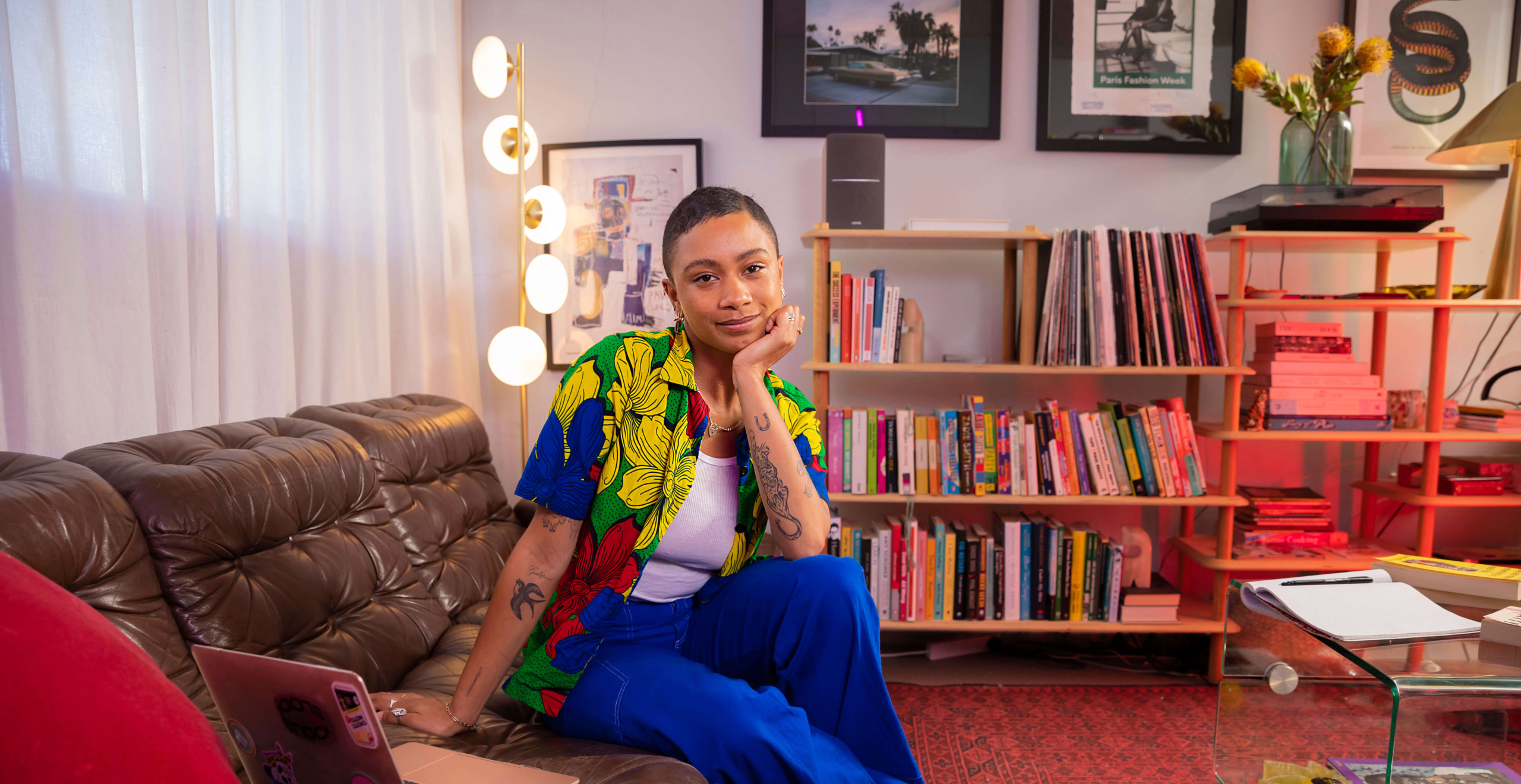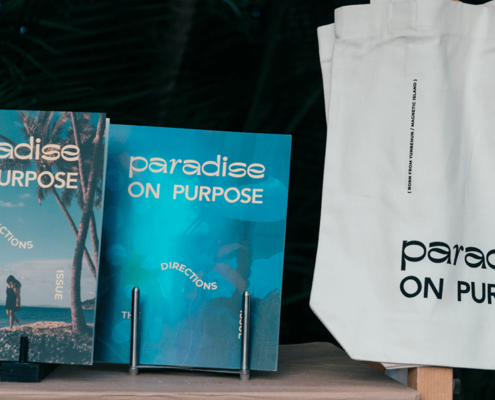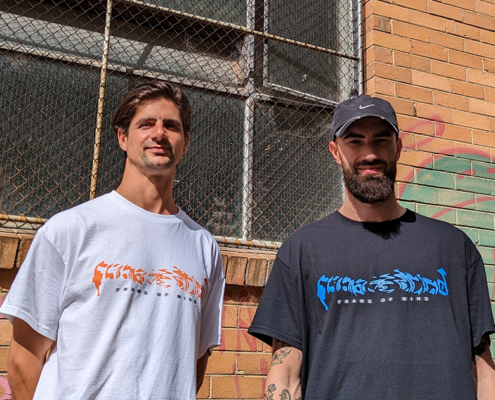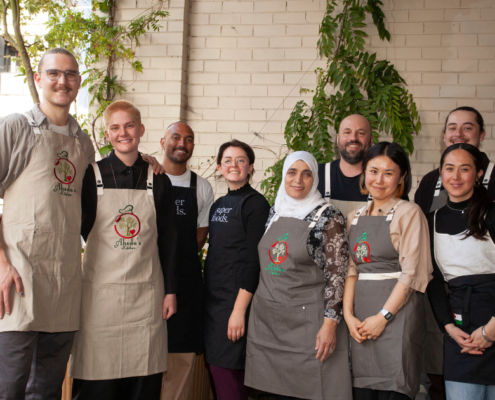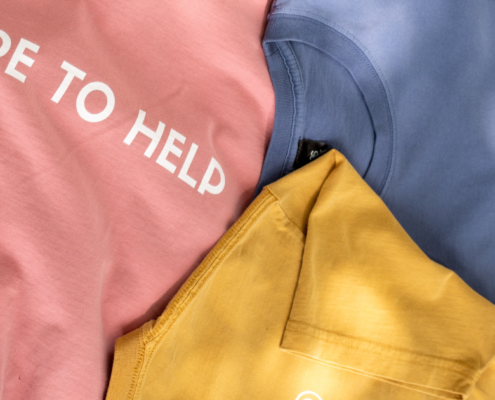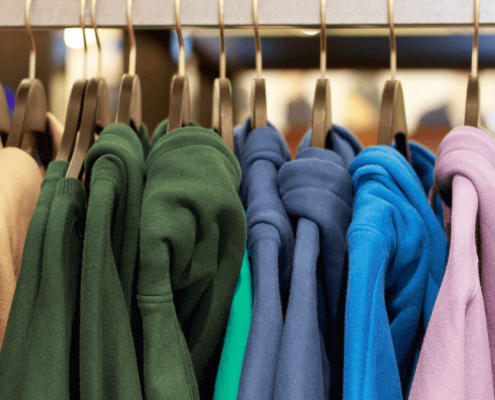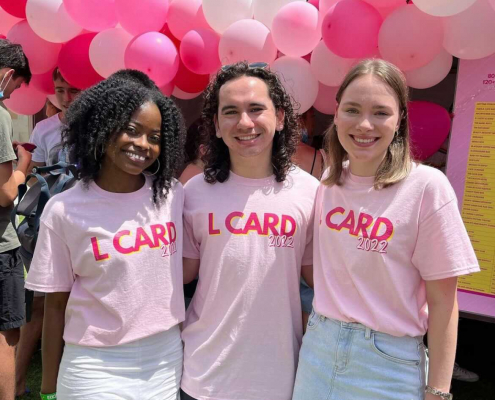Music and dogs. Two things everyone seems to love. Two things that make the day-in-day-out more enjoyable. Finally someone has married the two and created a store that not only supports the music community, but also supports our four-legged friends. Long Dog Records is an online record store based in Melbourne that provides an ever-expanding, interesting and eclectic catalogue of local and international artists. In honour of their name, they donate a portion of profit to The Greyhound Rescue Program, offering a much-needed helping hand to the longest dogs of them all. We recently caught up with LDR founders Ryan Prehn and Luke Fussell to discuss the ins and outs of running a record store in the digital age.
Firstly, tell me a bit about your background?
Ryan: Until recently, and for many years, I was a chef, and have worked a host of crappy jobs. There are only two things in a commercial kitchen that make being there worthwhile: good music and good people. Usually they would come together, or not at all. Usually it was not at all.
How did the idea for Long Dog Records come along?
Ryan: Many moons waxed and waned while we discussed the idea of starting a business venture, and many more making it happen. The central focus has always been on providing consumers with what we felt was lacking for us as consumers, specifically honesty and affordability.
Do you think because we are so connected with the Internet these days that there are more opportunities for online stores and brands?
Ryan: I think there are more opportunities for online stores and brands, relative to connectivity. But I think there’s a potential catch-22 for an online record store, because one of the reasons for the resurgence of vinyl is its collectability, its physicality. We plan to become a physical store as we grow, and in the interim hold pop-up stores and participate in markets and record fairs to stay visible as a physical entity. Ultimately, I think small-scale stores and brands need to operate across as many platforms as possible or otherwise risk being lost amongst the giants.
How do you find the current Australian music scene?
Luke: I think it’s a bit awkward trying to break down and explain Australia as a scene. But if we’re talking good per bands per-capita, then sure, Australia has always been healthy, I think. If you were to look at the ARIA award ceremonies you wouldn’t think so, those things really reduce the ‘scene’ or ‘industry’ down to a room full of people, and might give the average person who feels outside of what is happening, the wrong impression. Like most things, if you’re interested in something, you’ll always be rewarded with a bit of digging and there is an endless amount of really interesting bands just under the surface, you’ve just go to prepared to look, and go to local shows, or take a chance on a record. If you’re willing to support something it will support you, I guess.
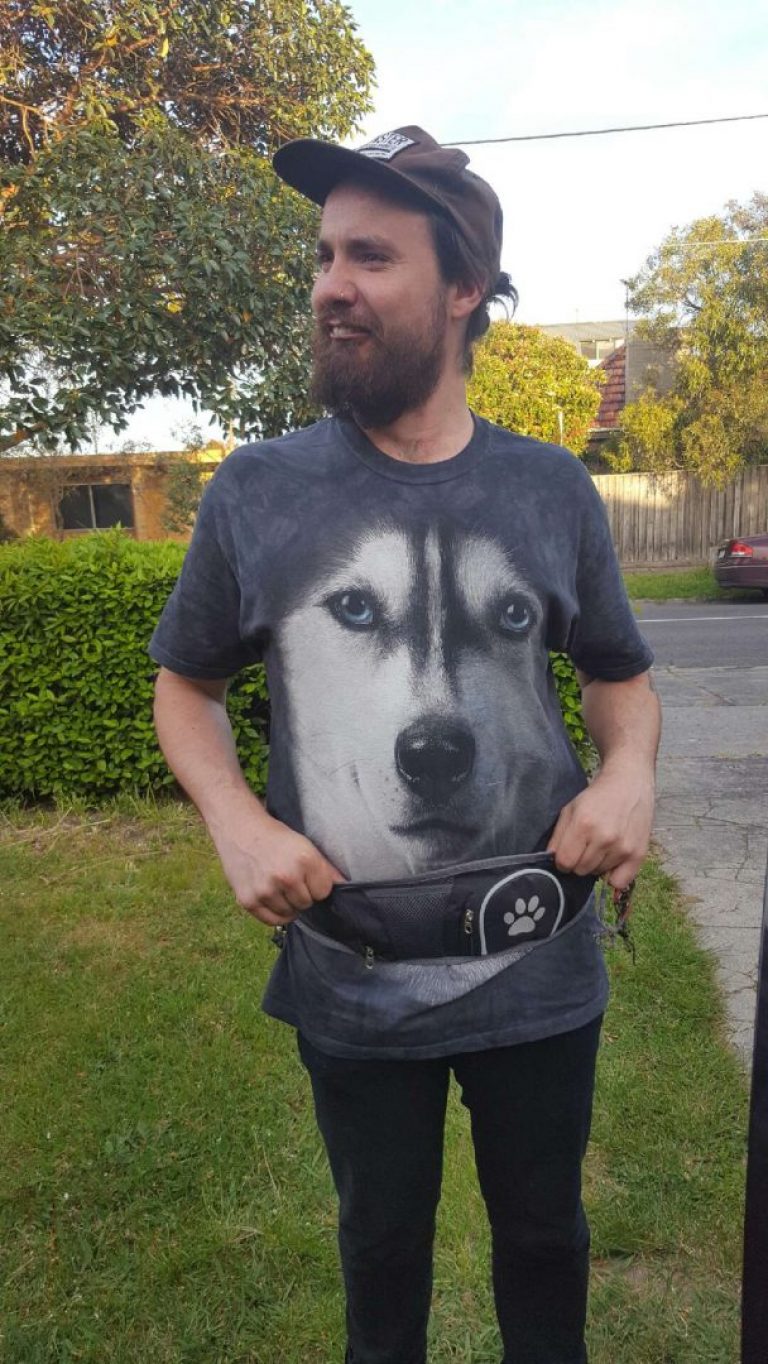
Do you think Australia offers many creative platforms for musicians and artists?
Luke: Yes and no. The standard of community radio in Australia is excellent. Although I’m only really familiar with RRR and PBS in Melbourne, and RTR in Perth, they’ve been invaluable informers. The fact that Triple J has somewhat of a monopoly on ‘alternative’ music on national radio is disheartening, and again, not representative of the true wealth of bands that we have in Australia. I think the Internet has decentralized the idea of creative platforms and by and large it has left it up to the bands themselves, or the forever-dwindling promotional budgets of record labels. Of course, the government could inject more funding and support those who choose to make a living creatively, but it’s hard for them to measure the public value of the arts at a grass roots level. I don’t think anyone is expecting huge handouts, but it does make you wonder what kind of great art has been sacrificed because talented people are spending 40 hours a week stacking shelves or whatever.
Can you tell us a bit about the charity aspect of Long Dog Records?
Ryan: We’re currently approaching different greyhound adoption programs across Victoria with offers to negotiate terms of our donating an amount from each sale to their organisation. It’s not exactly charity, because we’re asking for their endorsement in return; it’s more like community support with mutual benefits.
